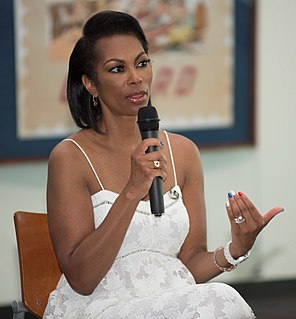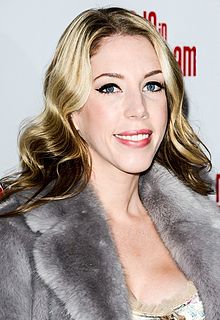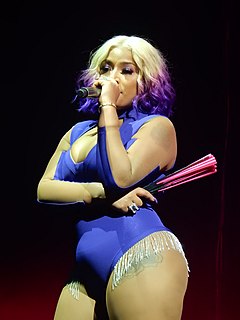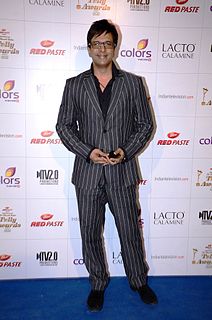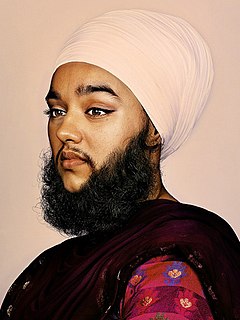A Quote by Harris Faulkner
I feel really blessed to work in a place that values me for what I bring as a journalist and as a professional storyteller and navigator of the news. But I also know that they appreciate about me, my perspective as a woman, as a black woman.
Related Quotes
When Kehlani brought me out onstage, I really enjoyed that. I was just appreciative for her to think of me and bring me out woman to woman, introducing me to a whole new audience to me. It was just showing that I was appreciated for what I'm doing, that some people mess with me, and I'm all over the place.
You are a white. The Imperial Wizard. Now, if you don't think this is logic you can burn me on the fiery cross. This is the logic: You have the choice of spending fifteen years married to a woman, a black woman or a white woman. Fifteen years kissing and hugging and sleeping real close on hot nights. With a black, black woman or a white, white woman. The white woman is Kate Smith. And the black woman is Lena Horne. So you're not concerned with black or white anymore, are you? You are concerned with how cute or how pretty. Then let's really get basic and persecute ugly people!
I don't claim to say, "All black women are like me," because they're not. One type of black woman can exist, but also another kind can exist. I also really hope that people feel permission to talk about their own troubles, but also to celebrate themselves. Sometimes I feel as though I'm trying to take a hit for the team so that other people then can move forward. I'm like, "Look, I just laid out all of my stuff, so what's the worst that can happen"?
I can no more disown (Jeremiah Wright) than I can disown the black community. I can no more disown him than I can my white grandmother - a woman who helped raise me, a woman who sacrificed again and again for me, a woman who loves me as much as she loves anything in this world, but a woman who once confessed her fear of black men who passed by her on the street, and who on more than one occasion has uttered racial or ethnic stereotypes that made me cringe.
Obviously, I'm not not black. But this is one thing I do know after years and years of working with a lot of black players and black commentators on many networks: That if you go to the place of you're telling a black man, or a black woman, that 'You should know your place and stay in it,' when you get to there, them's fighting words.
I know that for me personally, a lot of people feel threatened by me and my stance. I'm an Indian woman, I'm a woman of colour, I have a turban, I have a beard, and I think because my voice is so powerful, people forget that I have this image [and] still feel threatened by it. I'm very outspoken, I speak about anything and everything and I don't shy away.
